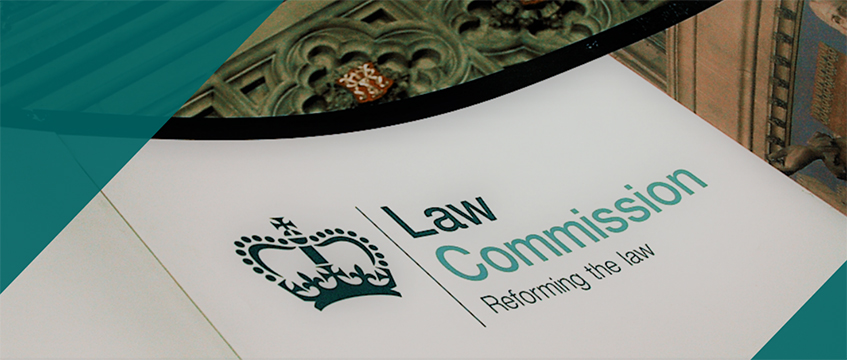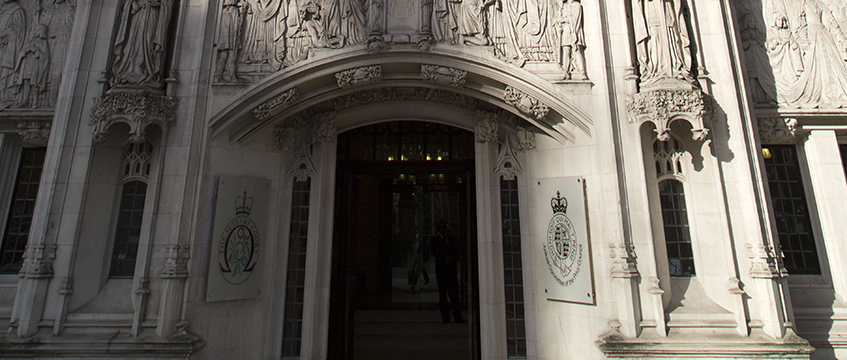Mortgage securing liabilities under a guarantee — Construction — Date from which interest recoverable — Whether mortgage securing costs of proceedings to enforce guarantee — Judgment for claimants
The first claimant executed a guarantee in favour of the defendant bank to guarantee the liabilities of a company under a loan agreement. The guarantee was confined to the loan amount of £425,000 plus interest from the date of any demand to the date of payment. The first claimant’s liabilities under the guarantee were secured by a charge that had been executed by him and his wife, the second claimant, over the matrimonial home. Recovery under the charge was subject to a ceiling representing the loan amount. However, the amount recoverable could be increased in respect of interest incurred “from demand hereunder… until discharge” and the defendant’s costs and expenses “incurred in connection with the enforcement of this mortgage”.
Following the collapse of the company, the defendant brought proceedings against the first claimant to recover under the guarantee. The claimants brought ancillary proceedings under CPR 7 to establish the extent of their liability under the charge. The defendant submitted that the charge covered interest accruing since the date of a demand sent to the first claimant, demanding sums due under the guarantee, in which it had stated an intention to exercise its rights under the security if payment were not made. It also claimed that its costs of the guarantee proceedings were recoverable under the charge, since it could not enforce the mortgage without first establishing the amount of the first claimant’s debt – the guarantee proceedings had been necessary in order to do that – and the costs of those proceedings had therefore been incurred “in connection with” the enforcement of the mortgage.
Held: Judgment was given in favour of the claimants.
(1) Although it was possible for a demand under the guarantee and a demand under the mortgage to be contained in the same document, the demand relied upon by the defendant did not have that effect. The demand had been served under the guarantee only, and the reference to possible enforcement of the security in the event of non-payment did not constitute a present demand under that security. Interest was recoverable under the mortgage only from the date of a later demand specifically in respect of the mortgage.
(2) The fact that the guarantee proceedings were necessary to establish the extent of the first claimant’s debt did not mean that the costs of the proceedings were incurred “in connection with” the enforcement of the mortgage. That phrase meant no more than the costs of enforcing the mortgage itself, and it related to proceedings between the mortgagor and mortgagee: Parker-Tweedale plc v Allied Dunbar plc (No 1) [1991] Ch 12 considered. The costs of enforcing the guarantee were quite different, since they related to proceeding between the defendant and the first claimant, to which the second claimant was not a party, and which were not to do with the mortgage. Moreover, the liability under the guarantee, which was a liability of the first claimant only, included the costs of enforcement of the guarantee and was capped at £425,000; it would be odd if the cap could be subverted by construing the mortgage in the way contended for by the defendant.
Timothy Wormington (instructed by JW Reeves & Co) appeared for the claimants; Alan Gourgey QC (instructed by Berwin Leighton Paisner) appeared for the defendant.
Sally Dobson, barrister










